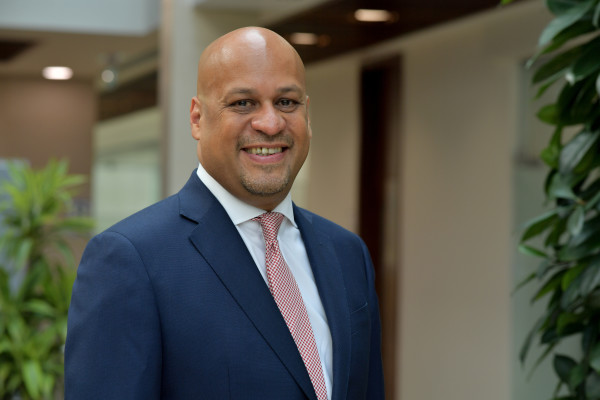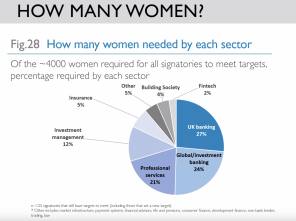

Speaking to FTAdviser, Payne, who is the head of academy at SJP, explained some of the developments the academy is making to reach out to more diverse communities.
He said: “We're connected with a lot more groups now and our responsible business team are working with us to connect with a diverse mix. We're doing this via roundtable meetings and workshops to understand from them what they would need an academy to look like for it to be relevant to them.
“There is a lot of work and we’re investing now in reaching out to communities with disability, ethnic minorities, particularly gender diversity as well, to understand what we need to bring into our academy so it becomes relevant or more appealing.”
Payne explained that SJP has a large body of affinity partnerships for charitable foundations and has the opportunity to present career avenues.
“I think this academy is meaningless unless you make SJP more relevant so that's a huge focus of mine for the rest of this year and beyond.”
Payne explained that the Financial Conduct Authority’s stats showed around 17 per cent of registered advisers were female.
At the application stage, SJP has a 50/50 split between males and females, but over the last 10 years, 26 per cent of the firm’s advisers have been female.
“That's great because it's better [than the FCA figure] but it's still far from where we want to be,” he said.
“There's something wrong with the old academy which meant more females dropped out of the process. This all comes back to the whole geographical area, taking down those boundaries and having a programme that is more respectful of the fact that people have complex needs.
“I think [now] we've got a programme that respects and understands caters for that and I expect that that aligns the work that we're doing connecting with communities and bodies that will shift the dial on that gender diversity much towards 50 per cent. We should do that really quickly.”
SJP is evolving the programme so the process and training means individuals are better skilled in connecting with those communities and is also bringing in more people with disabilities into the workplace so that there are those visible role models and those advisers can connect directly
One way in which SJP is able to attract different communities is through the new ‘location-less’ academy which offers a blend of face-to-face and online training and is specifically designed to offer a more inclusive environment for recruits.
“We have also removed the barriers of having to travel, and to travel to one of four specific locations, as was previously the case,” he said.
“These factors allow those who need greater flexibility, need extra support, who may have a disability or have complex personal situations, to access and to succeed with the training programme.”
Raising awareness about the profession
Payne said the academy refresh will help SJP become "more accessible".
He said the company was engaging with bodies like the PFS to "socialise" second career opportunities or early career opportunities in financial advice.
Payne added: “A lot of work still to be done but we are a lot more aware now of the avenues that we need to develop to get that word out.
“Career fairs are the next stage to take that message into schools and universities.
We're not we're not hugely active there yet but there are plans to bring that.”
SJP also ran a paraplanner academy and has plans to relaunch that later this year as well.
Last year, SJP rolled out a virtual reality technology for training and role-playing across the business, allowing it to increase academy numbers.
The virtual reality role-playing was first rolled out through the SJP academy in September, alongside in-person teaching, providing a blend of face-to-face and remote-based learning during the Covid pandemic.
Trainees are provided with headsets that allow them to experience the role of an adviser and engage in conversations with virtual clients through a series of multiple-choice questions.
They can then watch the encounter back to increase their understanding from a client’s point of view and also receive feedback by hearing their clients’ thoughts played out.
Discussing this concept, Payne said that the success in terms three and four of its academy is what will be the key differentiator.
“Ensuring we have hundreds of advisers with proficient and comfortable skills and achieving what they want to achieve faster and better than they were.”
sonia.rach@ft.com
What do you think about the issues raised by this story? Email us on FTAletters@ft.com to let us know



